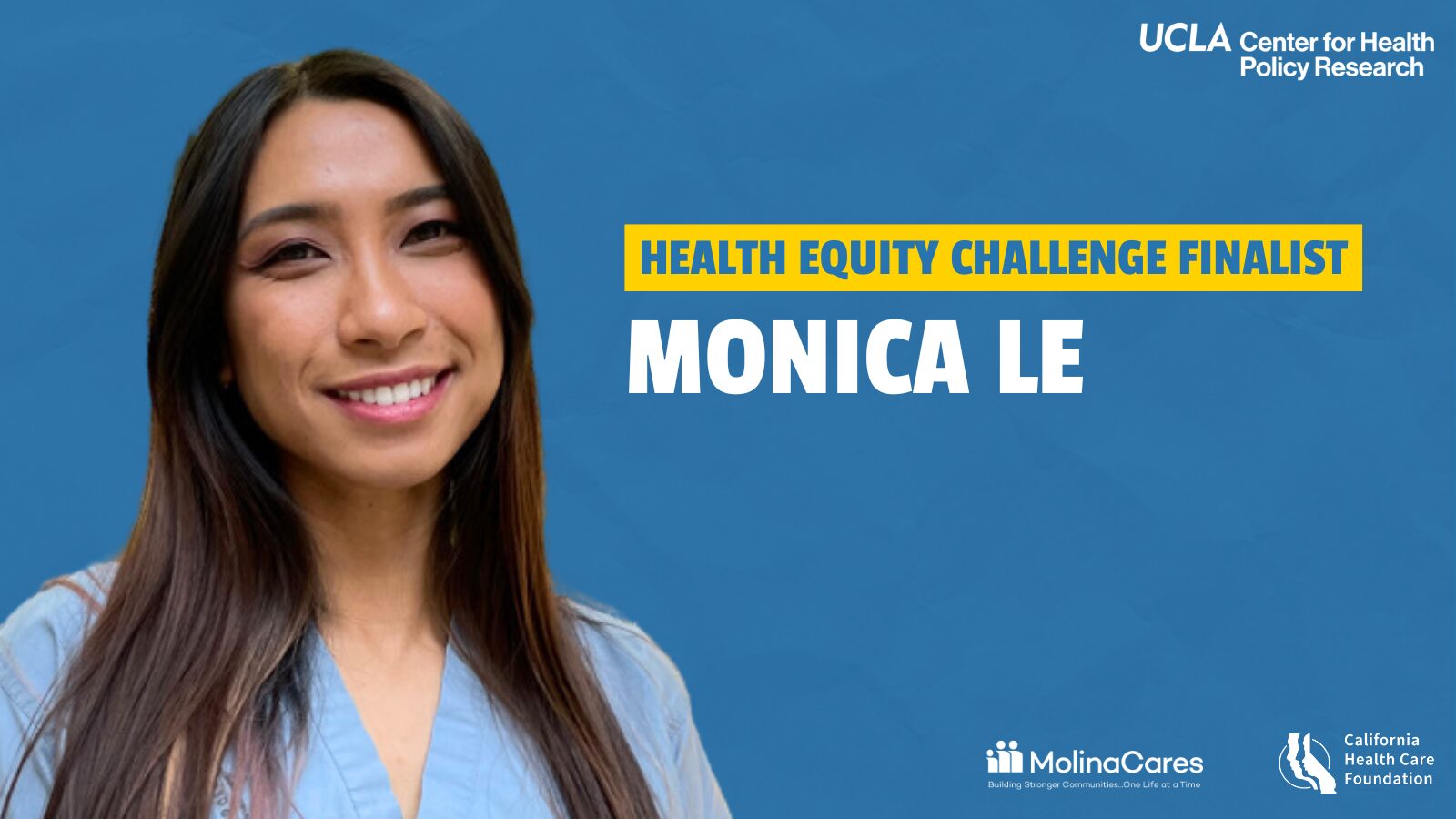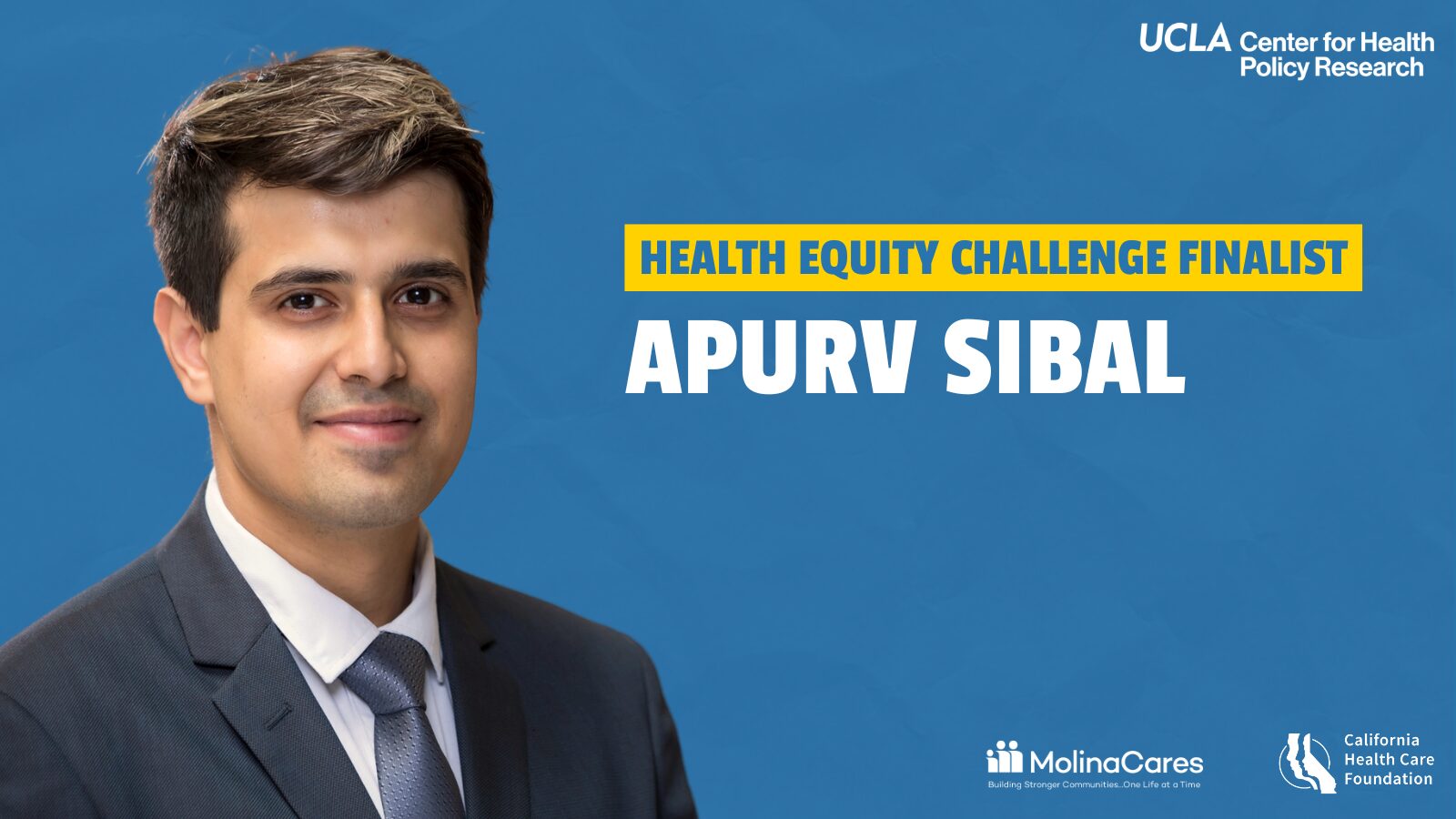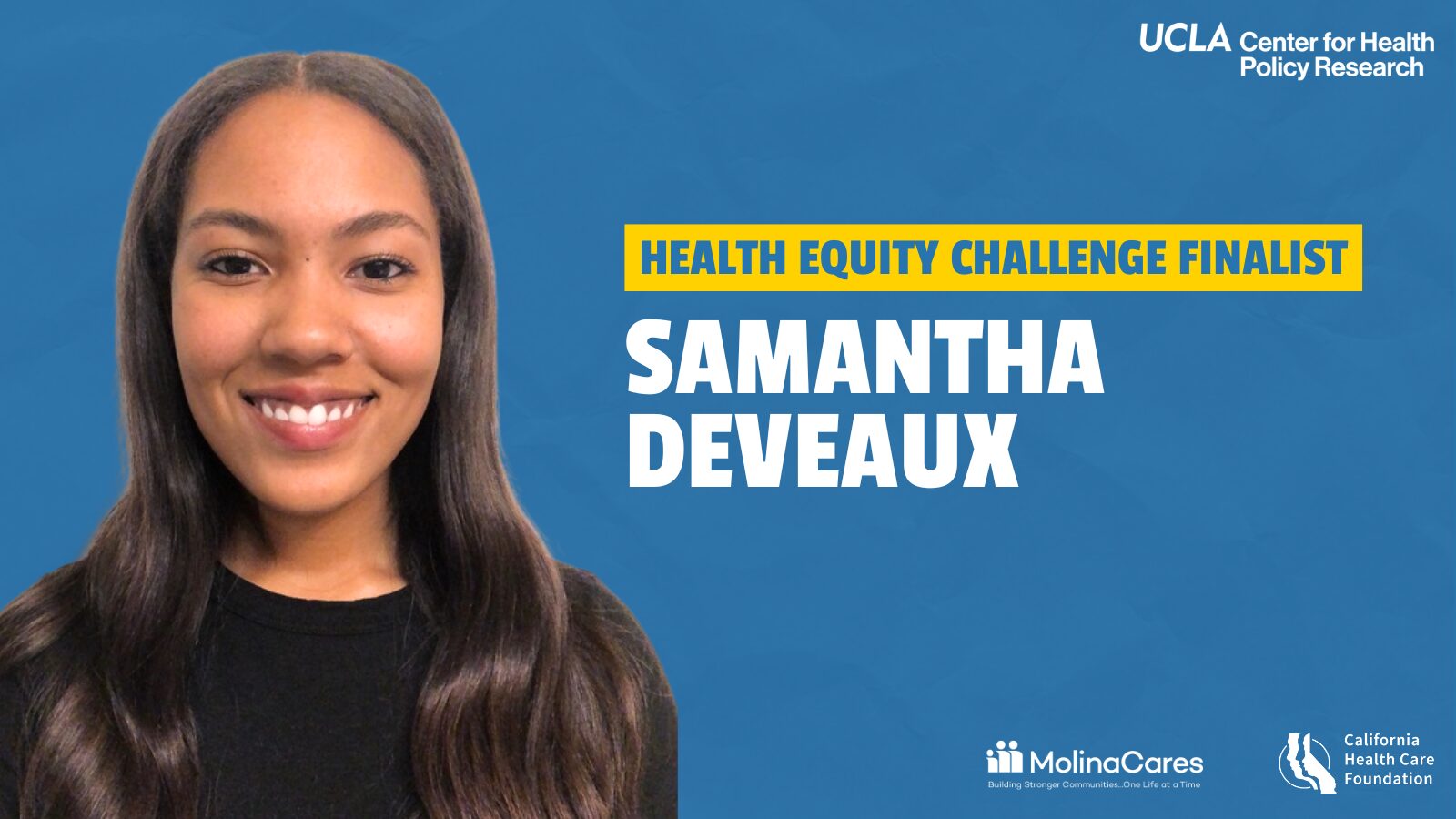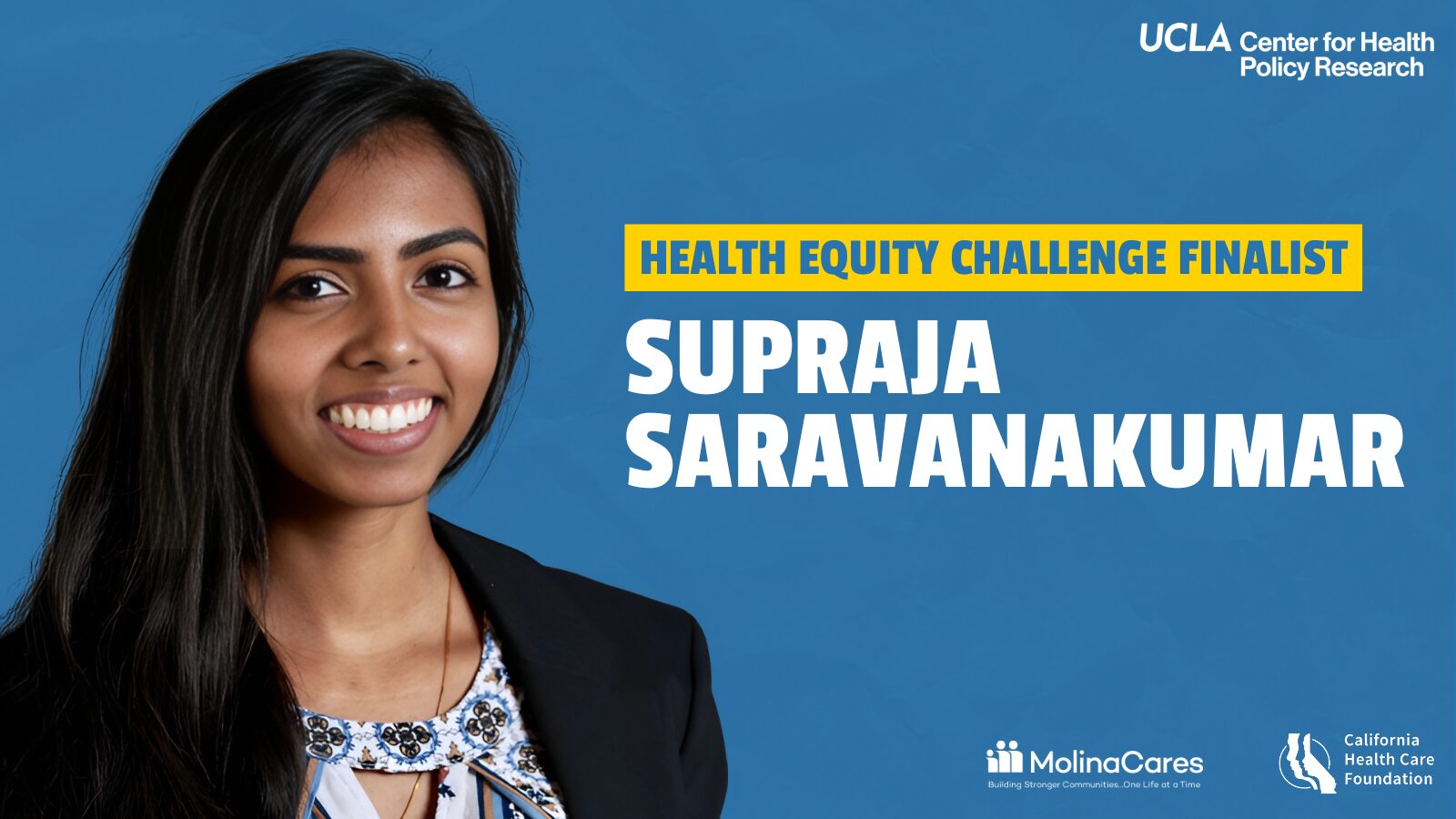
Standing just shy of five feet, my bà nội (grandma) was the living testament that great things come in small packages. As the heart of our Vietnamese immigrant family, she held us together with love and care poured into every traditional meal she made. Even after enduring a long 10-hour workday, she ensured our stomachs were just as full as our hearts, never once failing in her commitment to our family’s well-being.
Her story is one of quiet courage. She endured a war that spread poverty and famine, raising four children on her own as my grandfather fought in the conflict. Later, she escaped by boat to an unfamiliar country, without knowledge of the language or customs. Her life is marked by extraordinary resilience and is nothing short of inspirational.
Yet, despite the hardships she’d overcome, my grandma had her own unique set of fears. She never picked up English, finding the idea of talking to American strangers intimidating. Driving was off the table, too, with the bustling freeways of California being too overwhelming for her. And doctor’s visits? She avoided them as much as possible — the sight of needles and blood was just too frightening. Unfortunately, because there weren’t many Vietnamese-speaking doctors available, she often delayed her medical visits. This resulted in urgent trips to the Emergency Department where I would translate her concerns.
Growing up, I was the first in my family to learn English, and would interpret for them during medical visits, sparking my interest in medicine. Witnessing the challenges faced by low-income, immigrant, and non-English speaking communities first-hand motivated me to focus my career on helping underserved populations. I aim to care for individuals like my grandma and to advocate for health equity and justice, both through direct interactions and broader policy efforts. My frequent visits to the Emergency Department showed me the shortcomings of our health care system, and it’s where I feel compelled to make a difference.
As a first-generation college student, starting my pre-med journey at the University of California, Irvine, was a dream come true. I was looking forward to heading home after a hectic week when a text from my younger brother stopped me in my tracks: “Grandma is not breathing.” The distance made me feel helpless and frustrated that I couldn’t be there for her. Aware that the paramedics would need 15 minutes to reach our house and another 25 to get to the nearest hospital, I anxiously awaited further news.
“Growing up, I was the first in my family to learn English, and would interpret for them during medical visits, sparking my interest in medicine. Witnessing the challenges faced by low-income, immigrant, and non-English speaking communities first-hand motivated me to focus my career on helping underserved populations. I aim to care for individuals like my grandma and to advocate for health equity and justice, both through direct interactions and broader policy.”
While I urgently made my way back home through the Friday rush on the 405, I received the heartbreaking news that my grandmother had passed away. At the hospital, it became clear that they lacked the necessary resources to save her. Although the hospital planned to airlift her to another facility for critical treatment, she passed before they could carry out the transfer.
I couldn’t stop wondering, “Would things have been different if I had been there to help her?” Even more importantly, what if someone at home had known what to do in that emergency?
My grandma’s story, though tragic, is far from unique. In fact, 73.4% of out-of-hospital cardiac arrests happen at home. This stark reality highlighted a critical need in my community — the need for empowerment to handle such emergencies. Basic life support interventions, including cardiopulmonary resuscitation (CPR) and automated external defibrillator (AED), are vital lifelines, which I believe should be accessible to every family, especially in underserved areas like Watts where my project is based.
Photos from left to right:
(1) Photo of Monica with her grandparents and brother
(2) Monica with her grandmother, and
(3) Monica’s grandparents with their four children.
Watts, a neighborhood in South L.A., struggles with poverty and limited access to essential resources. The area sees high rates of cardiac arrests with low bystander CPR response and has a drastic shortage of AEDs. This situation highlights the critical need for emergency health interventions to improve survival and long-term health outcomes.
In partnership with the Housing Authority of the City of Los Angeles (HACLA), our mission is clear: to equip public housing community members with the crucial skills and knowledge to effectively respond to emergencies — skills that could save lives. By incorporating CPR training and AED access throughout public housing communities, we are not just teaching important techniques; we are fostering a sense of hope and empowerment, enabling residents to take life-saving actions when needed.
In memory of my grandma, this project is more than just an intervention; it aims to transform bystanders into protectors, turn vulnerability into strength, and enhance community safety.

By Monica Le
2024 Health Equity Challenge Finalist
Monica Le is a dual degree MD/MPH student, earning both her medical degree in the Program in Medical Education for Leadership and Advocacy (PRIME-LA) at the David Geffen School of Medicine at UCLA and a Master of Public Health in Health Policy and Management at the UCLA Fielding School of Public Health. She grew up in Riverside County and is the daughter of Vietnamese immigrants.
continue reading
Related Posts
As many as 50% of blind high school students drop out of high school and COVID only exacerbated this problem.
Coming from a low-income community of color, I personally witnessed how generations of systemic racism and economic corruption have led to a powerful mistrust in the health care system.
Postpartum depression (PPD) is a silent struggle for many new mothers, but for South Asian women, cultural stigmas and generational pressures often exacerbate this already challenging condition. As a woman of color and a first-generation college graduate, I have walked a path shaped by the nuances of both my cultural heritage and my academic pursuits.






